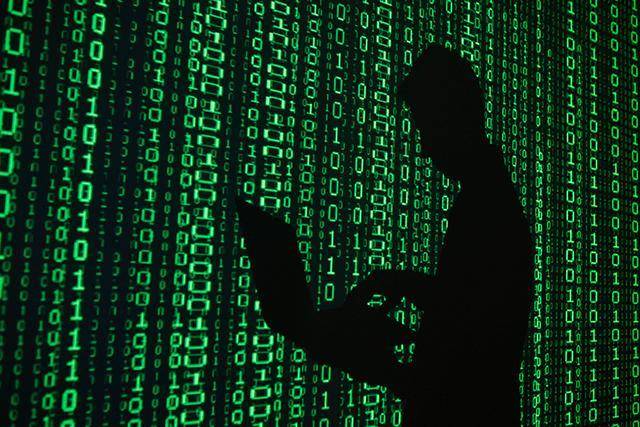What was seen as the worst-case scenario for internet freedom in the country has taken place. The National Assembly approved the Prevention of Electronic Crimes Bill 2015, leaving the Senate as the only thing that now stands in the way of this bill being turned into law.
When the government first announced that a new bill to prevent cybercrime was in the pipeline, experts thought PML-N was attempting to get ahead of a problem before it became major. Cybercrime and online harassment have only just begun to surface in Pakistan over the past five to seven years. With a growing population of internet users, which currently stands around 20 million, cybercrime was an expected eventuality. However, the government’s proposed solution mocks the initial optimism and does not seem to be targeted at those who harass others through the internet, but instead at any form of dissent against the government.
It is unclear which right the government is attempting to safeguard by preventing dissent against it on social media, and by making it punishable with fines and imprisonment. It is also strange that the government has included injunctions in the bill, which criminalise sending a text message without the receivers consent, which, in extreme cases pertains to harassment, spamming and advertisement, but also includes the accidental text sent to the wrong number. The biggest failure in all of this is that the government has utterly failed to draw a yardstick between the two. The language of the bill has been intentionally kept vague, so that the government can use it to block websites of its choosing (potentially even those of the opposition), establish an unneeded and arbitrary moral compass and start a witch hunt on the internet that will make criminals of us all.
There is a fine line between protecting the rights of the public on the internet, and a blatant infringement of privacy. By choosing to pass this law, the government has used the excuse of preventing cybercrime to monitor the internet even more viciously than before. This cannot be allowed to take place. The government cannot pick and choose which freedoms are to be granted to the public. The freedom of expression includes all opinions expressed on all mediums, with the internet becoming increasingly popular throughout the country for people as the only forum that often allows unmitigated freedom. Where other forms of media are not this free nor this accessible, the internet provides everyone with their own private space to say what the want. The government has no right to take this away from them.






